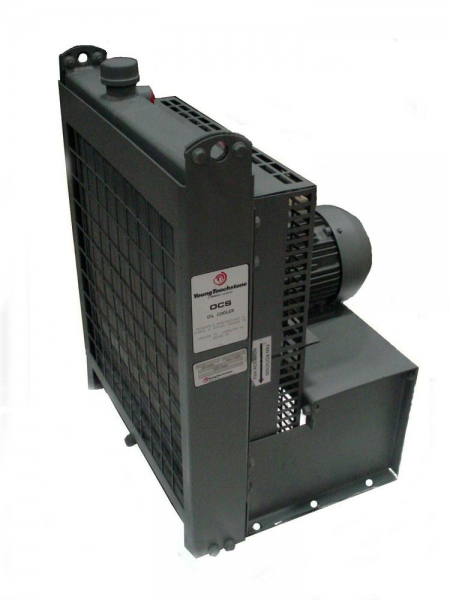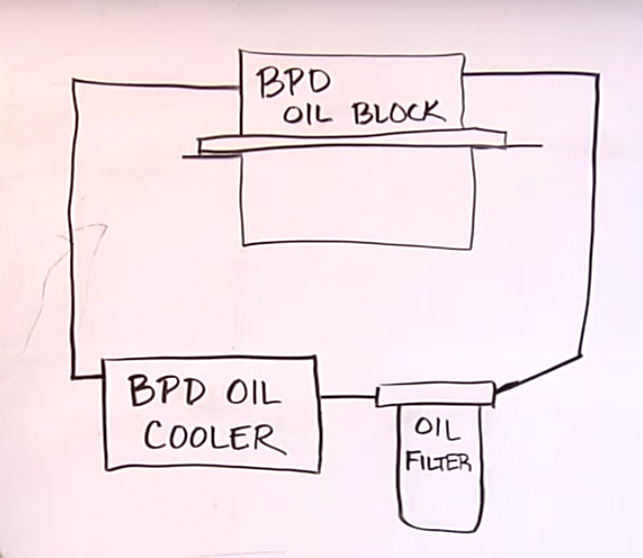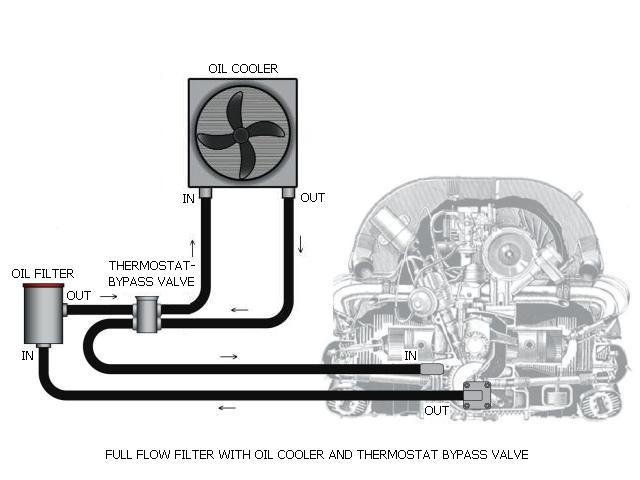Oil cooler basics design and importance of oil coolers. To put it as simply as i can an oil cooler is basically a radiator with oil running through it instead of water.

Oil Cooler Work Auto Accessories On Carousell
How oil coolers work. Engine oil in an automotive lubricates helping to regulate the temperature of moving metallic portions of an engine or transmissions. This is a critical function in hydraulic systems as overheating of the oil can lead to a drop in system efficiency and excessive wear of the system components in general due to reduced oil viscosityin most cases the coolers allow the oil to shed accumulated thermal energy into a secondary. The oil is going to enter the oil cooler while its temperature is still high. An hydraulic oil cooler is a device designed to prevent oil used in hydraulic systems from overheating. The video starts by showing the location of engine oil cooler on the. Oil coolers are an important tool in keeping any well running motor continually running well even when pushed to the limit.
As with the vast majority of heat energy created by an engine it generally needs to be released to the. A car oil cooler is a component that helps keep the optimal temperature range of the engine and its different parts. Engine oil cooler explained. Oil cooling is the use of engine oil as a coolant typically to remove surplus heat from an internal combustion engine. The engine oil cooler circulates the oil through the pistons as the car engine is running then to tubes where heat is lost and back. Oil is therefore used to lubricate these moving parts and in turn picks up a lot of heat.
It can be positioned in different places in the engine to help make it work more efficiently. These videos explain about the engine oil cooler how it works about its ports in detail. An oil cooler is essentially any device or machine intended to cool oil but in most instances people talk about it in the context of cars trucks and sometimes airplanes. The cooled oil flows back into the hot object to cool it continuously. The hot engine transfers heat to the oil which then usually passes through a heat exchanger typically a type of radiator known as an oil cooler. In these settings the cooler basically acts as a small radiator that helps keep an engine cool by keeping the oil supply at a consistent temperature.


















